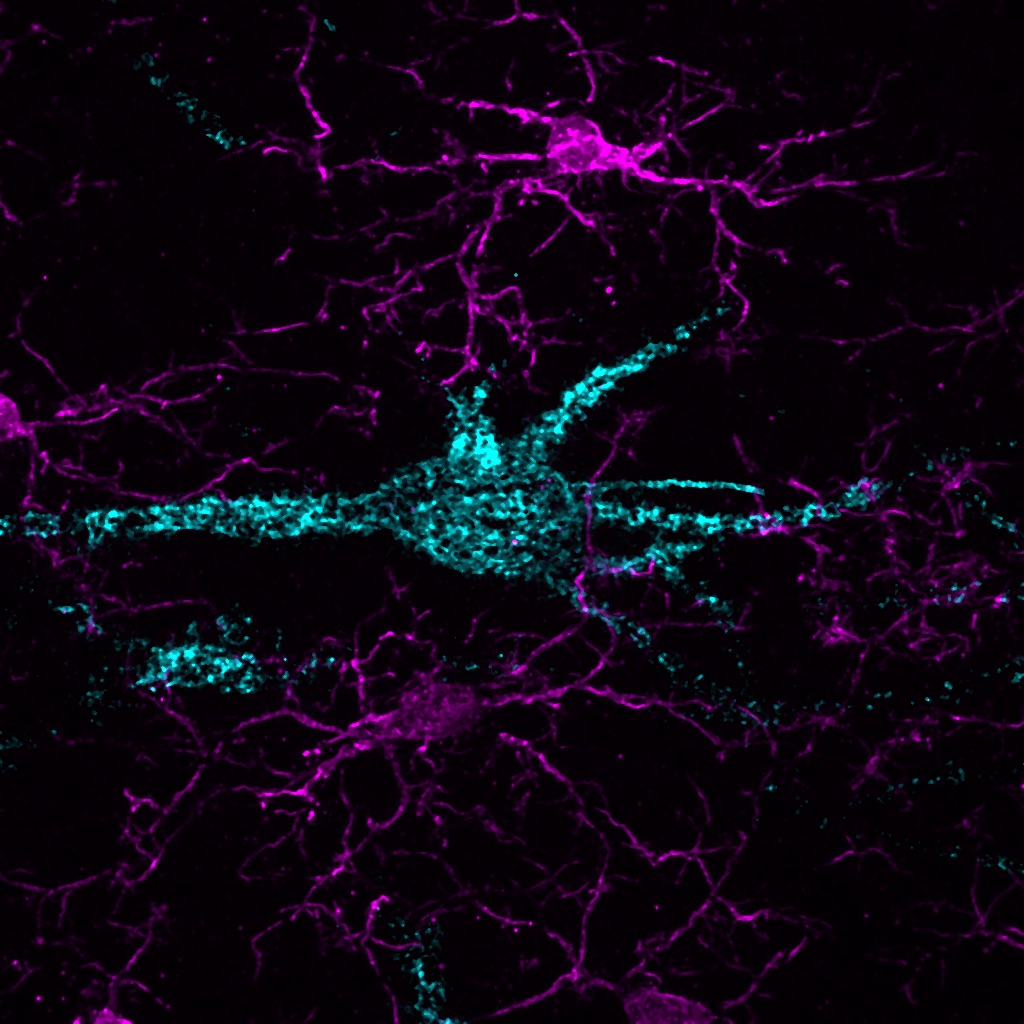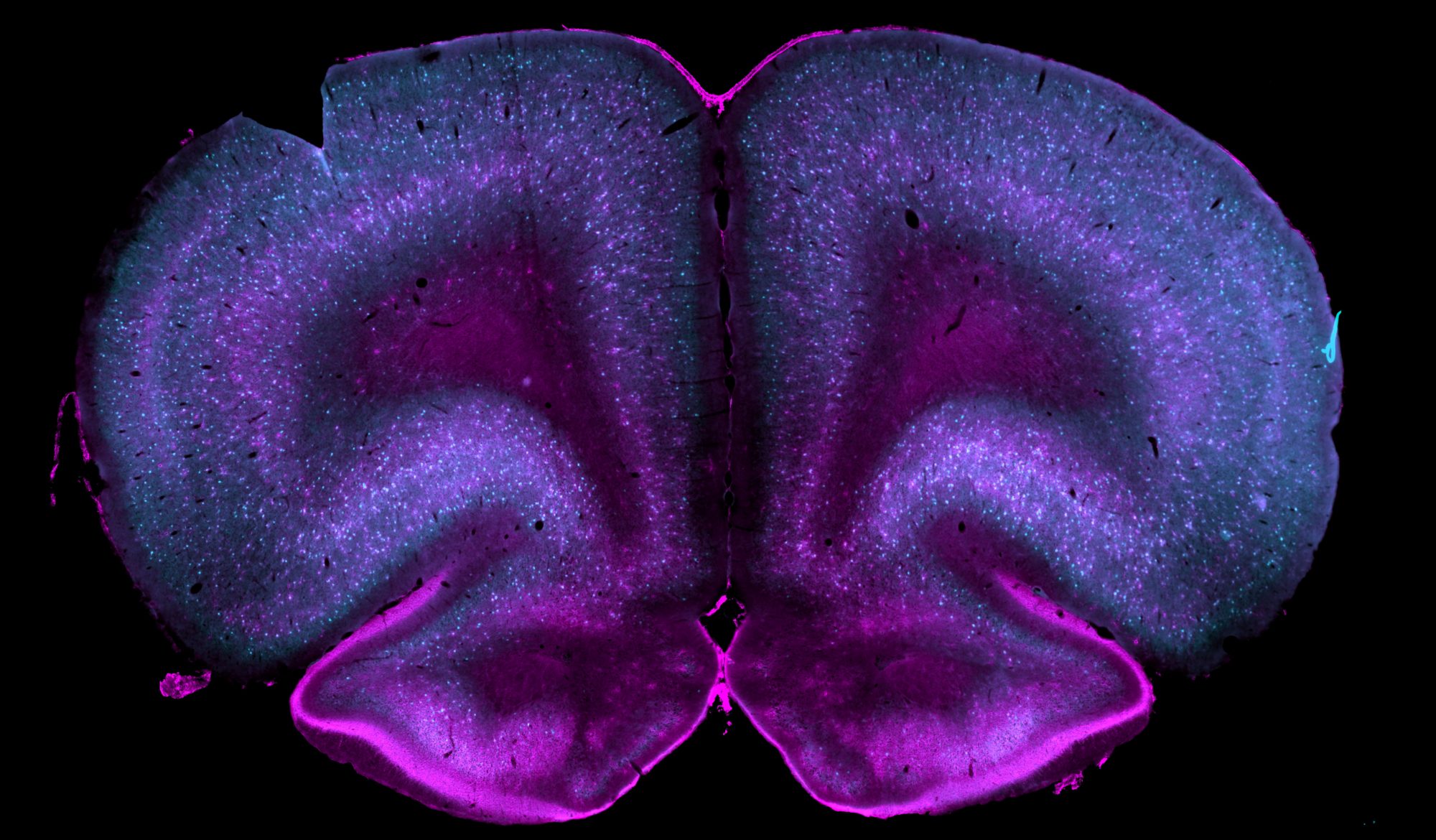
I am an IRACDA Postdoctoral Scholar at the Cummings School of Veterinary Medicine at Tufts University in the Byrnes-Vassoler Lab. My research uses rodent models to investigate the sex-dependent impacts of prenatal opioid exposure on neurodevelopmental and long-term changes in the brain and subsequent behavior.
UNDERGRADUATE RESEARCH
In 2016, I earned my B.S. in Neuroscience and Behavior with a minor in Biostatistics from Simmons University. During my undergraduate studies, I investigated the effect of nutrition on aging with Dr. Amanda Carey. My research with Dr. Carey focused on the neurological mechanisms involved with the implementation of a high fat diet coupled with dietary supplementation of foods rich in flavonoids, such as blueberries and raspberries in mice.
GRADUATE RESEARCH
I received my PhD from Northeastern University in 2021, where I conducted research in the Developmental Neuropsychobiology Laboratory under Dr. Heather Brenhouse, exploring how early life experience affects plasticity and neuroimmune activity in the brain. Specifically, my research involved adversity-induced impacts on microglia morphology and formation of perineuronal nets in the prefrontal cortex of males and females. I also sought to uncover a potential microglia-mediated mechanism by which males and females are affected differently by multiple adverse experiences throughout development, and how this may drive altered behavioral functioning.
FUTURE RESEARCH
In my future research program, I plan to investigate how early life adversity (behavioral, pharmacological, and immune) affects the adolescent and aging brain, and how interventions – at key periods of development – may allay stress-induced dysfunction during aging. I plan to tackle important questions surrounding the neuroimmune and neurostructural consequences of adversity and how disruption in brain regions such as the prefrontal cortex, amygdala, and hippocampus mediate behavioral dysfunction later in life.

